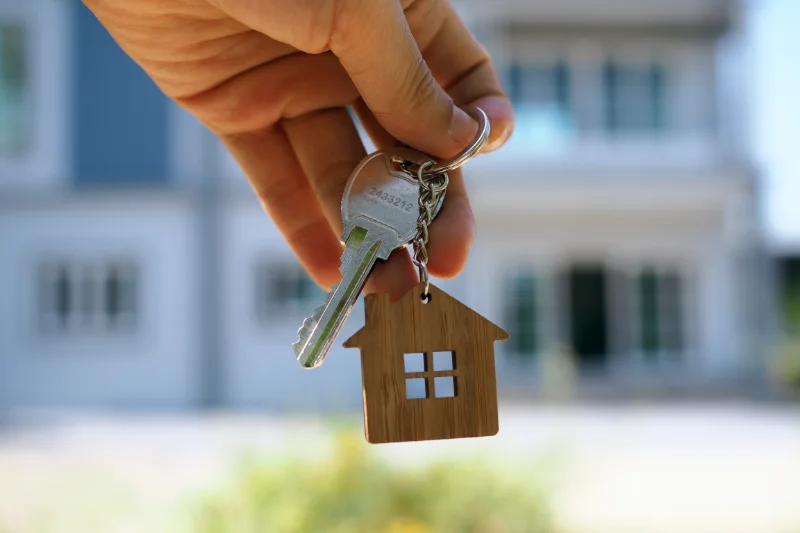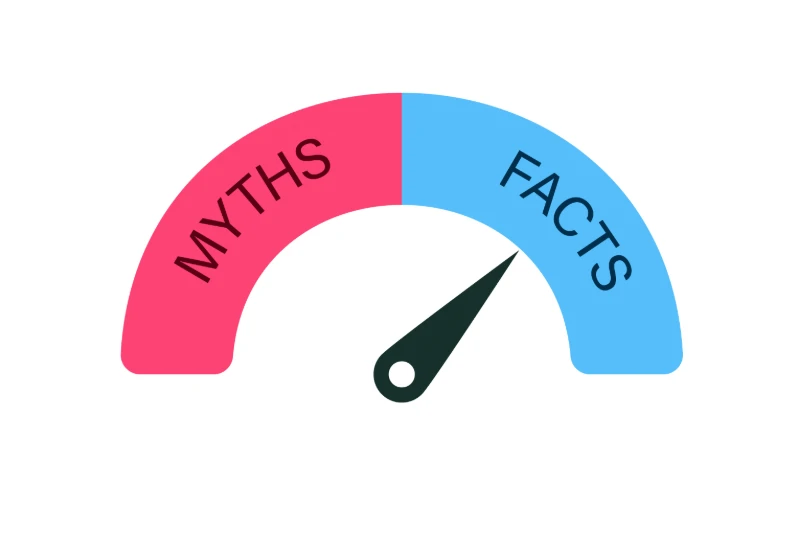When it comes to getting a mortgage, there’s no shortage of misinformation. Many homebuyers, especially…
10 Things To Do After Buying A Home
To ensure your transition into your new abode is as smooth as possible, here are some essential tasks you should tackle right away. New homeowner responsibilities are crucial for setting a strong foundation in your new space.
Congratulations on your new home! Becoming a homeowner is an exciting milestone, but it also comes with a list of responsibilities.
1. Change the Locks:
The first thing you should do is change the locks on all exterior doors. You never know who might have a spare key from the previous owner, so enhancing your home’s security should be a top priority. As a new homeowner, securing your property is a vital step in protecting your investment and providing peace of mind. By changing the locks, you ensure that only you and your family have access to your home, eliminating any potential security risks from previous keys still in circulation.
2. Connect Utilities:
Ensure that all essential utilities, such as water, gas, electricity, and internet, are set up in your name. You don’t want to find yourself without hot water or electricity on your first night in your new home. As part of your new homeowner responsibilities, getting your utilities sorted out is essential for a comfortable living experience. It’s also wise to take note of the utility providers in your area and set up automatic payments or reminders for due dates to avoid any service interruptions.
3. Inspect for Safety:
Check smoke detectors and carbon monoxide detectors to make sure they are functioning correctly. If they are outdated or malfunctioning, replace them immediately. Safety should always come first in your new home. This step is not only a critical aspect of new homeowner responsibilities but also a legal requirement in many areas. Regularly testing and maintaining these detectors can save lives and prevent property damage in case of emergencies.
4. Deep Clean:
Even if the previous owners left the house clean, it’s a good idea to give it a thorough cleaning. This includes the kitchen, bathrooms, floors, and any areas that might have been overlooked. A deep clean is an essential part of settling into your new space and ensuring it feels like your own. This task also allows you to inspect for any damages or areas that may need attention, helping you prioritize future cleaning and maintenance.
5. Review Homeowner’s Insurance:
Review your homeowner’s insurance policy to understand your coverage and ensure it meets your needs. You may need to make adjustments based on your property and personal preferences. As part of your new homeowner responsibilities, it’s crucial to have adequate insurance coverage. This ensures that you are financially protected in case of unexpected events such as natural disasters, theft, or accidents. Take the time to shop around for the best rates and coverage options, and consider adding additional policies if necessary.
6. Locate Main Shut-Offs:
Familiarize yourself with the location of the main water shut-off valve, gas shut-off, and electrical panel. In case of emergencies or maintenance needs, knowing how to turn off these utilities is essential. This knowledge is a critical aspect of new homeowner responsibilities and can prevent significant damage during emergencies. Make sure to label these shut-offs clearly and inform all household members of their locations and functions.
7. Create a Home Maintenance Plan:
Develop a maintenance schedule for your home. Regular upkeep can prevent costly repairs down the road. Tasks like cleaning gutters, servicing the HVAC system, and checking for leaks should be on your list. A well-structured maintenance plan is an integral part of new homeowner responsibilities and helps maintain the value and functionality of your home. Set reminders for seasonal maintenance tasks and consider keeping a log of completed work for future reference.
8. Meet the Neighbors:
Establishing a good relationship with your neighbors can be invaluable. They can provide valuable insights about the neighborhood and may even become friends who can help in times of need. As a new homeowner, building a community connection is a rewarding part of settling into your new environment. Being friendly and approachable can also lead to increased security, as neighbors tend to look out for each other.
9. Prioritize Upgrades:
While you may be eager to personalize your new space, prioritize essential upgrades first. Focus on any necessary repairs or safety enhancements before diving into purely cosmetic changes like redecorating or replacing wallpaper. This approach ensures that your home remains safe and functional, allowing you to enjoy your new space fully. New homeowner responsibilities include making informed decisions about where to allocate your budget and time.
10. Update Your Address:
Don’t forget to update your address with important institutions like your bank, employer, and the post office. Ensure your mail is redirected to your new address to avoid missing important documents. This step is a crucial part of your new homeowner responsibilities, as it ensures you stay connected and informed. Additionally, consider updating your address with any subscription services, credit card companies, and government agencies.





